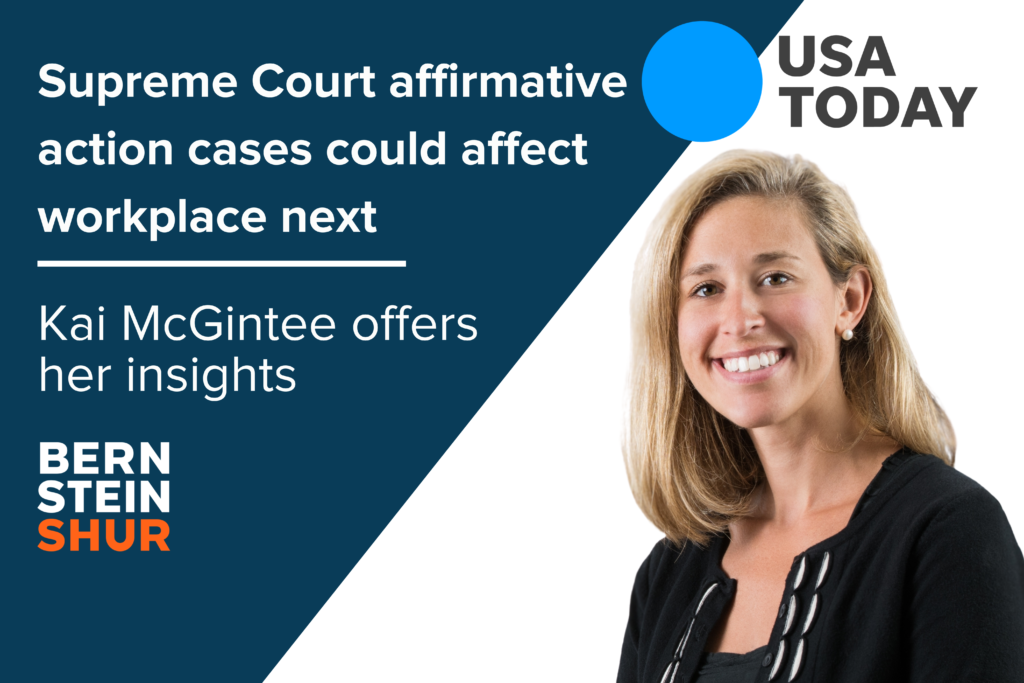Supreme Court affirmative action cases could affect workplace next

The high court is considering challenges to the use of race in admission policies at Harvard and the University of North Carolina. “There absolutely will be spillover,” a law professor said.
By John Fritze – Supreme Court Correspondent, USA TODAY
WASHINGTON – Two pivotal affirmative action cases pending at the Supreme Court this term that deal with college admissions are being closely watched by private employers who fear a sweeping decision could undermine corporate diversity programs.
The high court will hear oral arguments Oct. 31 in challenges to the way Harvard University and the University of North Carolina consider race in their admissions processes. The lawsuits were filed by an anti-affirmative action group that asserts the policies discriminate against Asian Americans and white candidates.
Though the questions raised by the litigation are limited to higher education, experts say that a broad ruling that curbs affirmative action on American campuses could have a ripple effect on diversity and inclusion programs that have proliferated in the private sector, especially since the emergence of the Black Lives Matter movement.
“Everybody sees the writing on the wall,” said Susan Carle, a law professor at American University who teaches about civil rights and employment discrimination.
“And it’s a strange time because at the same time, both the #MeToo movement in the gender context, but especially the Black Lives Matter movement, have made a lot of people more conscious of all the subtle ways people of color are disadvantaged in the workplace,” Carle said. “And employers have really wanted to do something about it.”
If the Supreme Court bans race consciousness in university admissions, “there may be a chilling effect on both affirmative action in the public sector and diversity and inclusion programs in the private sector, as companies fear additional reverse discrimination claims and compliance issues,” said Kai McGintee, a Portland, Maine-based attorney who specializes in employment and higher education law.
By accepting the cases at all, the Supreme Court has added a highly polarizing issue to its docket – and another chance to unwind precedent – just months after it overturned its 1973 Roe v. Wade decision that established a constitutional right to abortion. Polling indicates a majority of Americans back the goal of affirmative action broadly but that the support declines significantly when pollsters ask about taking race into account.
Access the full article HERE.
